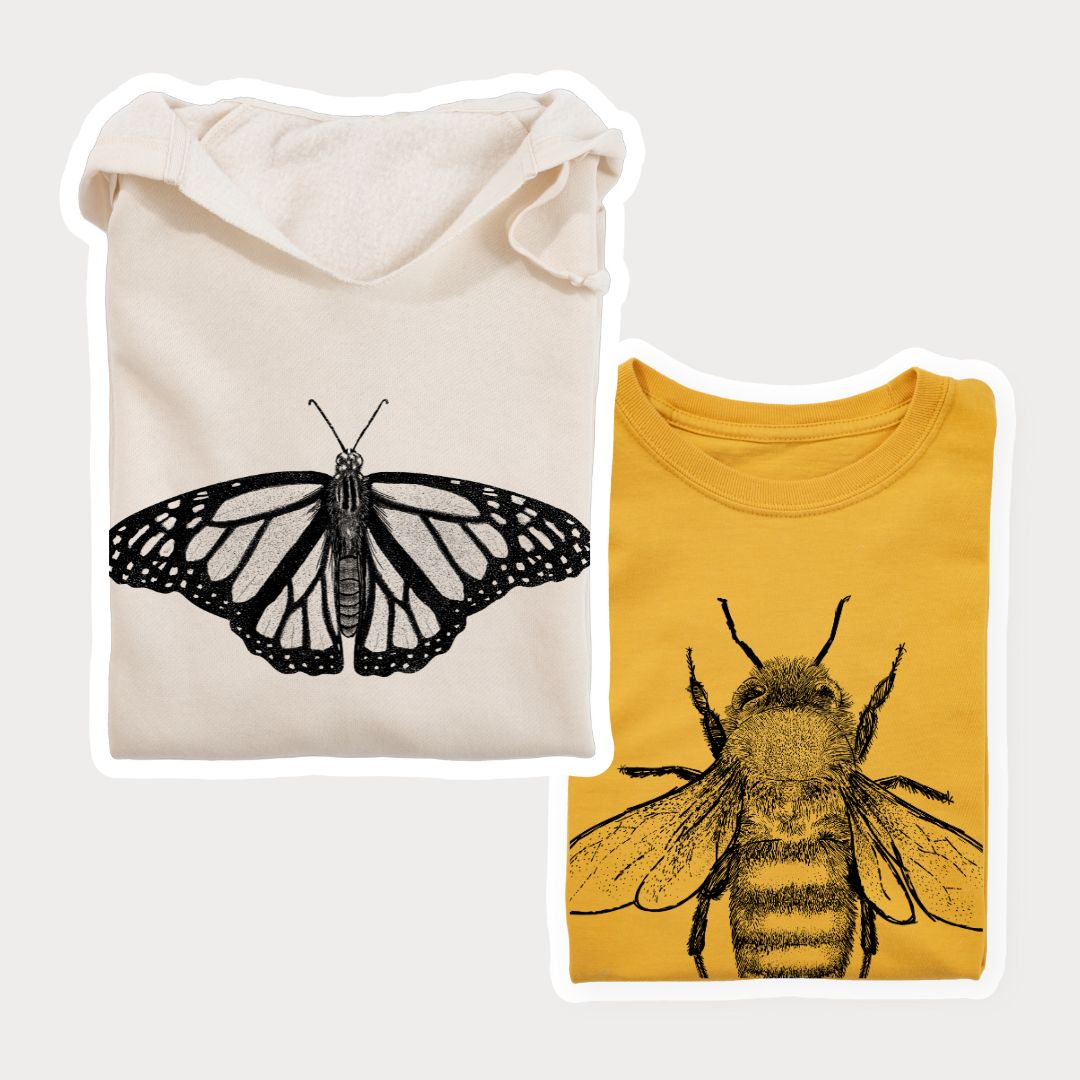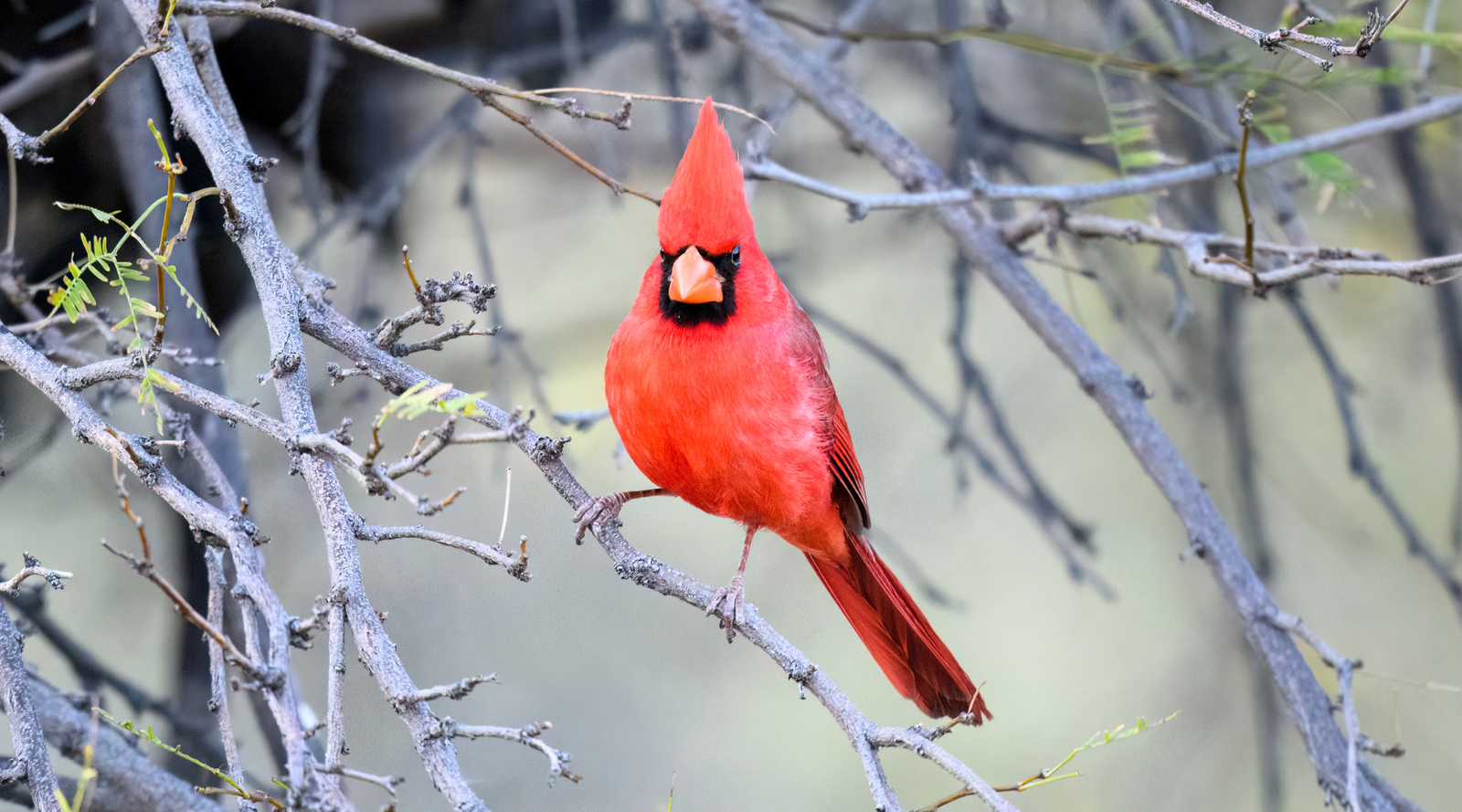Rare Double Brood Cicada Hatching: The 2024 Bonanza!
2024 is not just another year—it's the year we hit the jackpot in the insect lottery with the rare double brood of cicadas making their grand entrance. This isn’t your usual backyard bug fest; it’s a full-blown cicada extravaganza! Find out more about this fascinating phenomenon and why it's taking place below.

What Are Cicadas?
Cicadas are insects known for their conspicuous acoustic displays, produced by males to attract females. These creatures spend the majority of their lives underground, feeding on sap from plant roots.
After 13 or 17 years, depending on their species, cicadas emerge en masse. They sing (well, the males do), they mate, and then they bow out in a matter of weeks. It’s dramatic, it’s noisy, and it’s totally epic.

The Phenomenon of the Double Brood
The double brood event involves Brood XIII, which are periodical cicadas with a 17-year cycle, and Brood XIX, which have a 13-year cycle. Usually, these broods perform in different years, but in 2024, it’s a double billing!
Brood XIII is typically seen across areas of the Midwest, including Illinois, Iowa, and parts of Indiana and Wisconsin. Brood XIX, on the other hand, is more common in the southern states such as Alabama, Georgia, and South Carolina.
The synchronization of these broods in 2024 is an extraordinary event which hasn't happened since 1803. In areas where the broods overlap, the number of cicadas is likely to be impressive. Imagine millions of cicadas emerging all at once, turning the outdoors into a live concert venue.

The Benefits of Cicadas Hatching
The emergence of cicadas in such large numbers can have significant ecological impacts. And while humans might find the cicada serenade a bit overwhelming, it’s a natural spectacle that’s music to the ears of nature enthusiasts. The sheer volume of cicadas provides plentiful food for predators and a bonanza for local ecosystems.
It’s a feast out there for a wide range of creatures that get to snack on these protein-packed bugs, including numerous species of birds, mammals, fish and reptiles. The digging by cicada nymphs aerates soil, which aids water filtration, and when they die and decompose, all of those cicada bodies enrich the soil with nutrients.
For humans, the event can be a mixed blessing. While the sound of cicadas can reach deafening levels, it's also a natural concert that won’t be heard again in such magnitude for many years. In fact, this dual emergence won't take place again until 2245.

Join the Cicada Mania!
This double brood phenomenon is the perfect chance for some fun and learning. Schools can dive into bug-based lessons, and communities can engage in cool citizen science projects to track the cicada wave. It’s a fantastic opportunity for everyone to get involved, get outside, and get buzzing about nature. Wear a cicada shirt to show your fascination for these epic insects!
Whether you’re a bug enthusiast or just curious about nature’s rhythms, the 2024 cicada party is an event you don’t want to miss. Grab your earplugs, get your cameras ready, and let’s enjoy the show—nature is turning up the volume!















Leave a comment (all fields required)